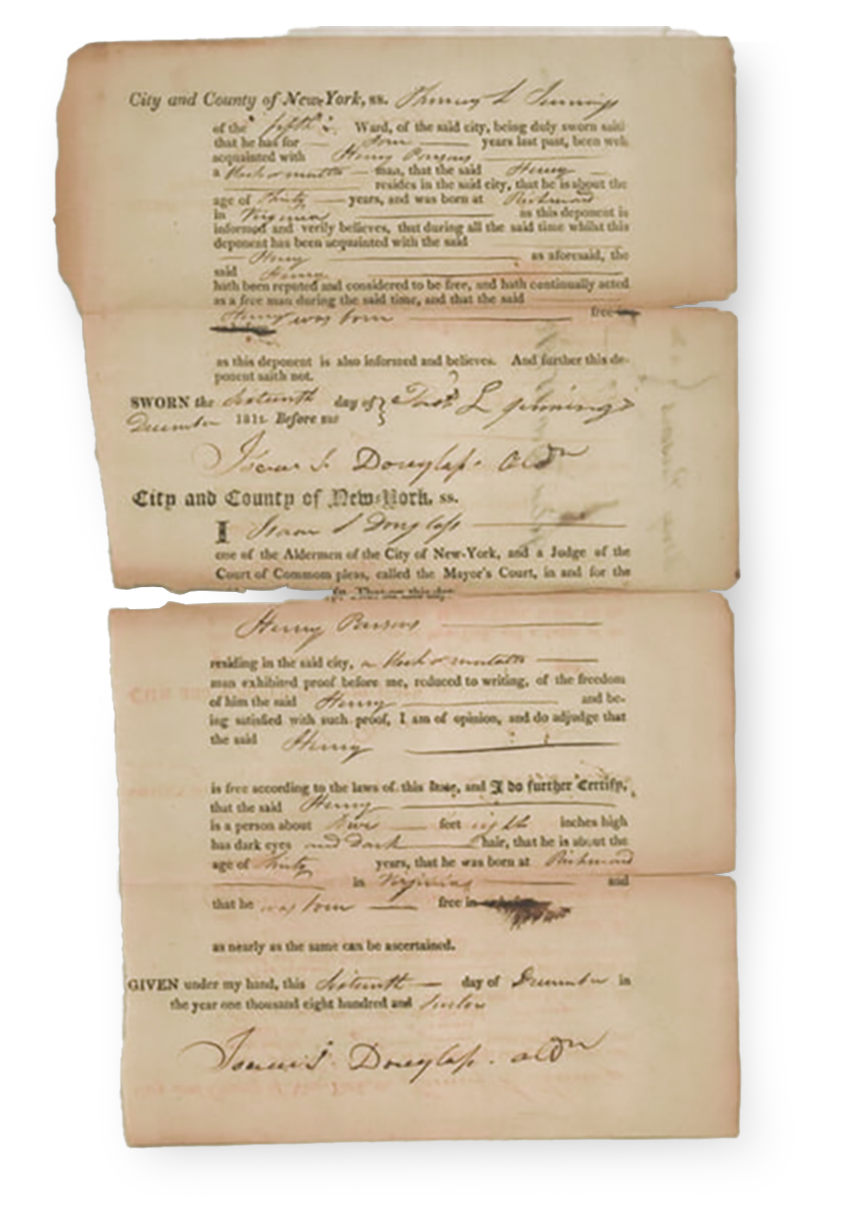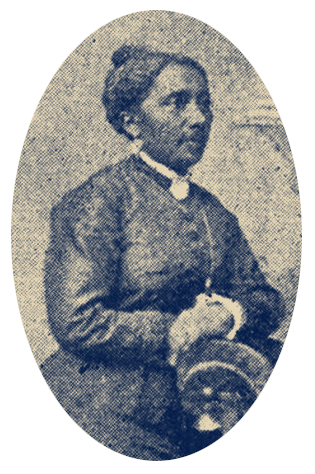Thomas L. Jennings was born in New York as a free-born African American. In his early career, he grew to become a successful tailor and an influential member of New York's black community. He was a visionary inventor and made history as the earliest known example of an African-American person to hold a patent in the United States in their own name. On March 3rd, 1821, he was awarded a patent from the U.S. government for developing a method of cleaning called “dry scouring.” This revolutionary process, which was the precursor to modern-day dry cleaning, greatly impacted the future of many industries and helped lay the foundation for many other innovations.

Thomas Jennings' 1821 patent for "dry scouring"
The importance of Jennings' achievement cannot be overstated, as he was one of the first African-Americans to own rights to their own invention, at a time when slavery was still legal in much of the United States. This made him a trailblazer in the fight for equality and recognition for the African-American community.
Jennings' daughter, Elizabeth Jennings Graham (March 1830-June 1901), was also a trailblazer in her own right. She helped to lead the charge for civil rights in New York, and by 1865, she had helped to desegregate all of the city's public transit systems. She’s also credited as starting New York City’s first kindergarten for African-American children, operating it from her home until her passing in 1901. Her unwavering courage and determination in the face of adversity helped to pave the way for future generations of activists, and her legacy continues to motivate and inspire us still.
Thomas L. Jennings and Elizabeth Jennings Graham were two important figures in African American history who made significant contributions to their community and to the broader cause of equality and justice. They are a testament to the strength, perseverance, and ingenuity of the African American spirit, and their legacy continues to inspire us to this day.

Elizabeth Jennings Graham in 1895 (1827-1901)